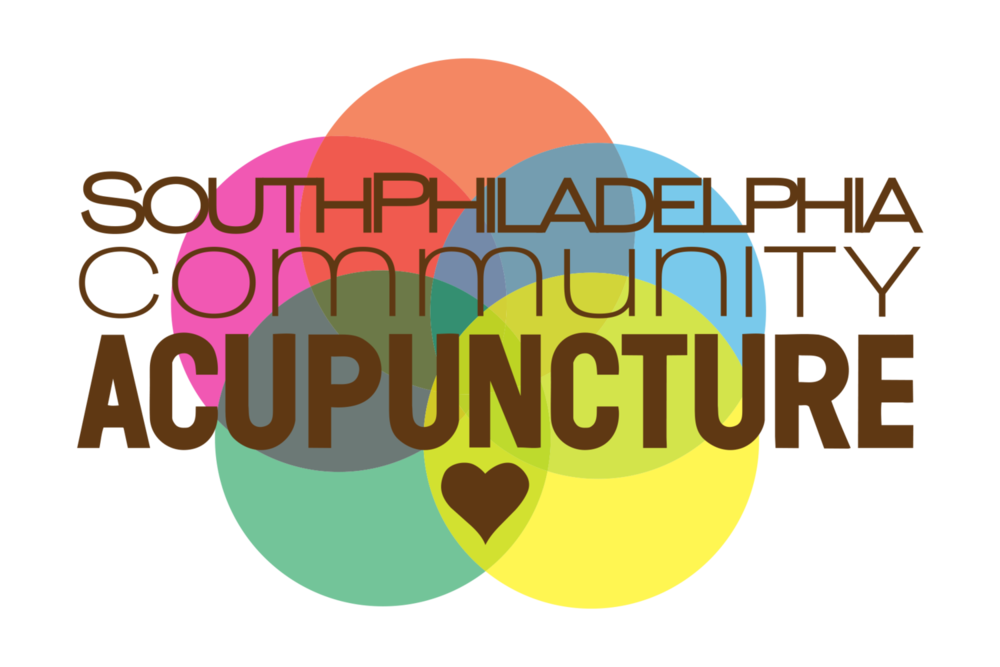Frequently Asked Questions
What is Acupuncture and how is it related to Traditional Chinese Medicine?
Traditional Chinese Medicine (TCM) has been around for thousands of years, but it is still a new form of healing to Western cultures. Founded on the principle that your body has the ability to heal itself naturally, your body’s Qi (pronounced chee) is the vital energy that gives you life and protects you from illness. Qi flows through your body in pathways called meridians, and provides vital nourishment to your body’s cells, tissues, muscles, organs, and glands. If Qi becomes blocked or imbalanced for a prolonged period of time, your body loses its ability to heal itself naturally and becomes susceptible to illness, pain and disease.
Acupuncture is just one of many healing modalities of TCM. Acupuncture practitioners use thread-like needles to activate your body’s meridian points to tonify Qi and Blood. Acupuncture moves Qi and Blood throughout the body to enable it to properly function and maintain better health.
Does acupuncture hurt?
Acupuncture needles are flexible and thread-like. Most patients do not experience any discomfort during treatment. Patients generally say that when they are receiving a treatment, that they feel a tap, a short poke, or a warm sensation. If you are experiencing discomfort, the practitioner will readjust the needles for maximum comfort. Please communicate if you experience any discomfort.
What should I wear to my appointment?
Please wear shorts or t shirts and/or loose fitting clothing. Many acupuncture points are on the back so in some cases we ask for shirts to be removed.
Should I avoid any food, drink or certain strenuous activity before or after my treatment?
We suggest to minimize caffeine intake and no alcoholic beverages before treatment. Be sure to eat before treatments.
